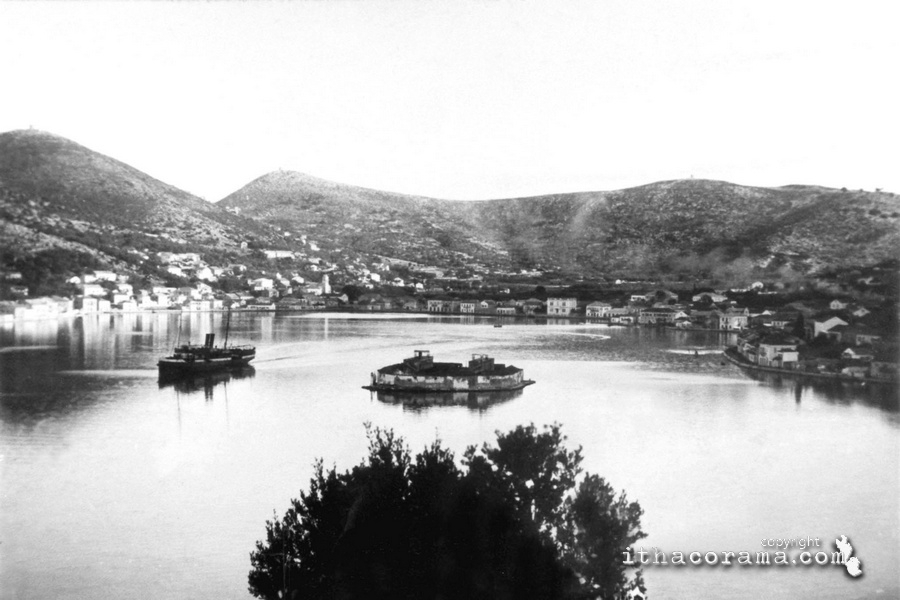Homeric Ithaca
The small rocky island of Ithaca has become known worldwide through Homer’s epic poems “The Iliad” and “The Odyssey”. Many people may not know its exact location, but they know Ithaca as the island of Odysseus since Ithaca and Odysseus are conceptualized together.
There is no indication from the very little ancient written information which has survived, that Ithaca is not the Homeric one. The ancient philosophers and writers Porphyry, Thucidides, Plutarch, Apollodoros, Cicero and Acousilaos, all refer to the island as Ithaca centuries after Homer’s time. The philosopher Aristotle writes about “The State of the Ithacans”, indicating that the island was autonomous, this was confirmed when coins of “The State of Ithaca” and “Odysseus” were found from recent excavations on the island. During the Roman era, the Greek geographer Strabo was the first to discover that several ancient writers disputed as to the geographical position of Ithaca, unfortunately none of these documents are known to exist today.
In recent centuries many archaeologists and researchers came to Ithaca to investigate if it was the Homeric island.









